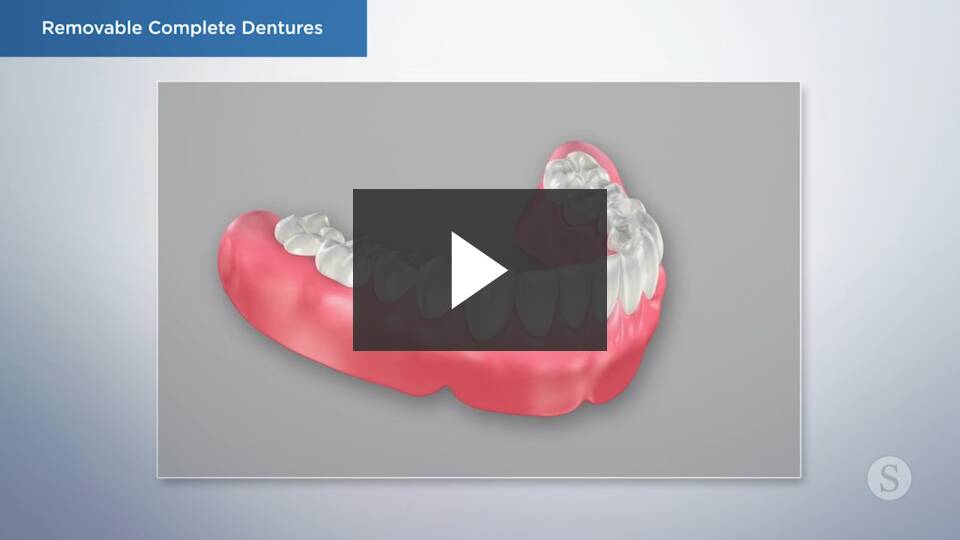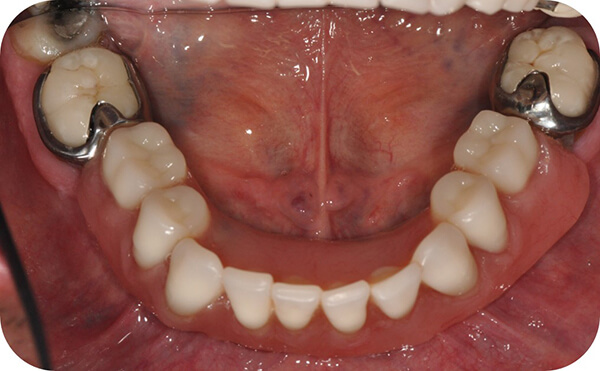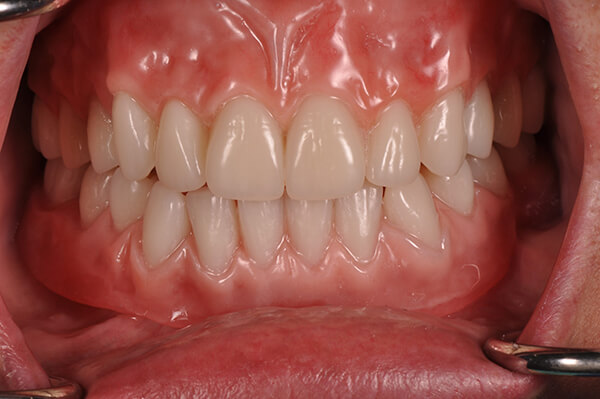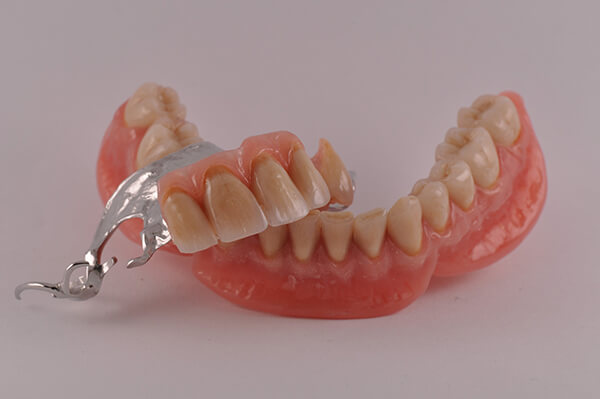Millions of people worldwide even today lose teeth from decay, disease and injury. Implants Dentures in Greeley have served to literally fill the gap and restore a more complete and functional set of teeth. They not only serve to aesthetically enhance one’s smile but prevent the impairment in speech and eating that easily develops when teeth are absent. Dentures are made to look, feel and function as natural teeth do so that the form and function of the mouth does not suffer.
Dentures have been used as replacement teeth for centuries but thankfully a lot has changed over the years. The history of dentures extends as early as 700 B.C. when animal teeth or human teeth removed from the dead were used as replacements. Porcelain, ivory, and volcanite, a type of harden rubber were also early predecessors to the dentures we now know. Today, thankfully, dentures are made out of sterile acrylic resin, are more natural appearing and much more comfortable than ever before.
With full dentures, a flesh-colored acrylic base is molded to fit comfortably over the gums once all the damaged or decayed teeth have been removed and the gum lining has fully healed. Upper dentures have a base that covers the roof of the mouth, also known as the hard palate. Lower dentures are shaped like a horseshoe to make room for the tongue. Conventional dentures are fully removable but may feel odd or uncomfortable at first. Eating and speaking with dentures will also be awkward at first but will become more comfortable with time.
As mentioned before, new dentures take some getting used. It is not uncommon for them to feel bulky or even a bit loose. Occasionally, there will be an excessive production of saliva as the mouth gets used to having a foreign object in it for such extended periods of time. The tongue may feel cramped and tired along with the cheek muscles as they grow accustomed to keeping the dentures in place. Too much irritation, discomfort or pain, however, is a sign that something is not right and you should let Dr. Ryan Lewis know as soon as possible.

Partial Denture
Partial dentures are a great dental restoration option when only a few teeth need to be replaced. Even a few missing teeth can make speaking and chewing difficult not to mention the effect on appearance and self-confidence. There are many benefits to partial dentures. In addition to helping individuals chew and speak comfortably, they help complete one’s smile and help improve aesthetic appearance and maintain the full structure of the face. Partial dentures also prevent original teeth from shifting which can often happen when empty spaces remain in the mouth. This happens because the jawbone starts to deteriorate from the absent stimulation of the prior tooth root. By having the partial dentures in place, periodontal and gum disease are less likely to occur as well.
There are two basic types of partial dentures, fixed and removable. The decision between fixed or removable is often determined based on the health of the surrounding teeth and gums. Fixed partial dentures, also known as dental implant bridges, are fixed permanently to the jawbone via implant screws. Once secured, an abutment with a dental crown is attached to the implant to give the look and feel of a natural tooth.
Removable partial dentures are also referred to as a removable dental bridge and usually fills the gap between two healthy teeth. The removable partial denture consists of a gum-colored plastic base with natural appearing replacement teeth. A metal framework of clasps help keep the partial denture in place by clasping onto the surrounding teeth. Partial dentures can also be attached to the surrounding teeth with devices known as precision attachments which are more aesthetically pleasing than those with clasps. To improve the fit of removable partial dentures, crowns can also be placed over the natural teeth surrounding the denture.
Initially, partial dentures may feel awkward or bulky but this is to be expected and will grow less bothersome with time. The more they are worn the quicker you will grow accustom to them and the more comfortable they will become. However, should the dentures put too much pressure in a particular area, they can cause sores and infection. Your comfort and satisfaction is of utmost importance to Dr. Ryan Lewis and his team at Greeley Prosthodontics so follow up visits are always arranged after the dentures are placed to ensure proper fitting and hopefully avoid any painful experiences.
Have Questions? Check out our Dentures Frequently Asked Questions.



